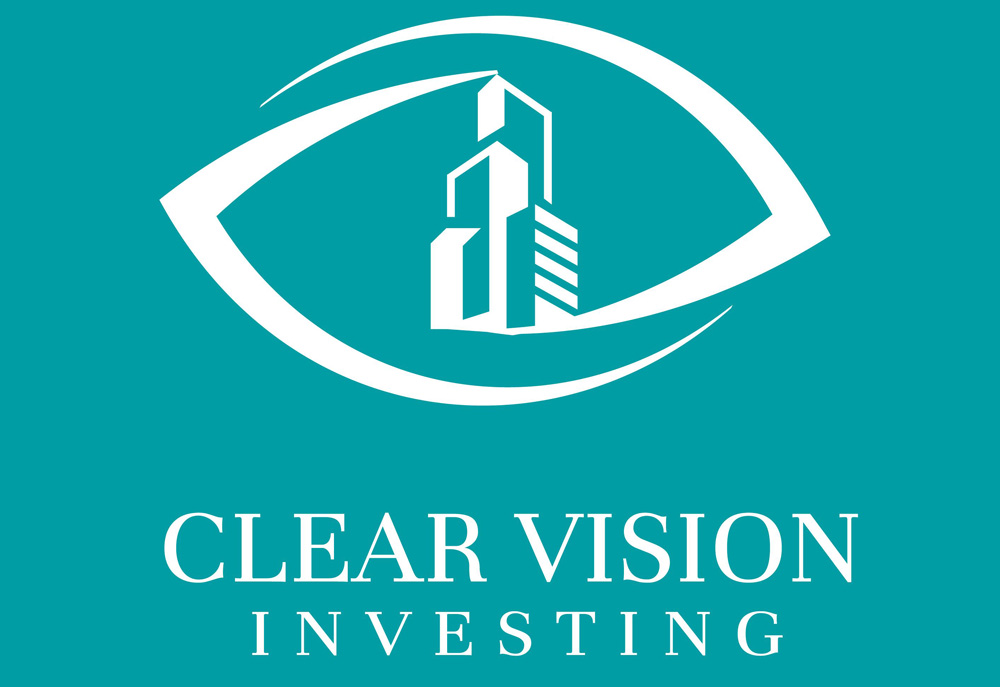Cash Flow vs. Appreciation in Real Estate Investing
Real estate investing has become an increasingly popular option for individuals looking to build long-term wealth. This is especially true for physicians who are looking to diversify their income streams and generate passive income while building their net worth. However, there are different strategies for investing in real estate, each with their own advantages and disadvantages. Two of the most popular approaches are cashflow and appreciation. While both strategies have their merits, they differ significantly in terms of their focus and outcomes.
Cashflow Investing
Cashflow investing in real estate refers to investing in properties that generate regular income, usually through rental income. The primary goal of this strategy is to generate a steady stream of income over the long term. Cashflow investors typically focus on properties that have high rental demand and can generate a positive cash flow after all expenses, including mortgage payments, taxes, insurance and maintenance costs, are taken into account.
One of the main advantages of cashflow investing is that it provides a relatively stable source of income. As long as the property is well-managed and there is a steady demand for rentals in the area, cashflow investors can expect to earn a consistent return on their investment. Cashflow investing can also provide significant tax benefits, such as depreciation and deductions for expenses like repairs, maintenance and property management.
However, cashflow investing does come with some risks. If the property is not properly managed or there is a downturn in the rental market, cashflow investors may struggle to generate enough income to cover their expenses. Additionally, cashflow investing typically requires a significant upfront investment to purchase the property, which can be a barrier for some investors.
Appreciation Investing
Appreciation investing in real estate refers to investing in properties with the intention of selling them for a profit in the future. The primary goal of this strategy is to benefit from the increase in the value of the property over time. Appreciation investors typically focus on properties in areas with high growth potential, such as up-and-coming neighborhoods or areas that are undergoing redevelopment.
One of the main advantages of appreciation investing is the potential for significant returns. If an investor can identify an area with strong growth potential and purchase a property at a low price, they may be able to sell the property for a much higher price in the future, generating a substantial profit. Additionally, appreciation investing typically requires a smaller upfront investment than cashflow investing, as investors are often able to finance the purchase of the property with a low down payment.
However, appreciation investing also comes with its own set of risks. The real estate market can be unpredictable, and there is no guarantee that the property will appreciate in value as expected. Additionally, appreciation investing typically requires a longer investment horizon than cashflow investing, as it may take several years for the property to increase in value enough to generate a significant profit.
Choosing a Strategy
When deciding between cashflow and appreciation investing in real estate, it is important to consider your individual financial goals, risk tolerance and investment timeline. Cashflow investing may be a good option for investors who are looking for a steady stream of income and are comfortable with the potential risks involved. Appreciation investing may be a better option for investors who are willing to take on more risk in exchange for the potential of greater returns.
For physicians looking to get into real estate, both cashflow and appreciation investing are viable options. Cashflow investing can provide a relatively stable source of income, which can be especially beneficial for physicians looking to supplement or replace their current clinical income. Appreciation investing, on the other hand, can provide an opportunity for physicians to significantly increase their net worth and build long-term wealth while maintaining their primary focus on their medical careers.
Ultimately, the key to successful real estate investing is to do your research and choose a strategy that aligns with your financial goals, risk tolerance and investment timeline. Physicians should choose a strategy that aligns with their needs and goals, and can benefit from both cashflow and appreciation investing. With the right approach, real estate investing can provide a valuable source of passive income and a path to financial independence.

